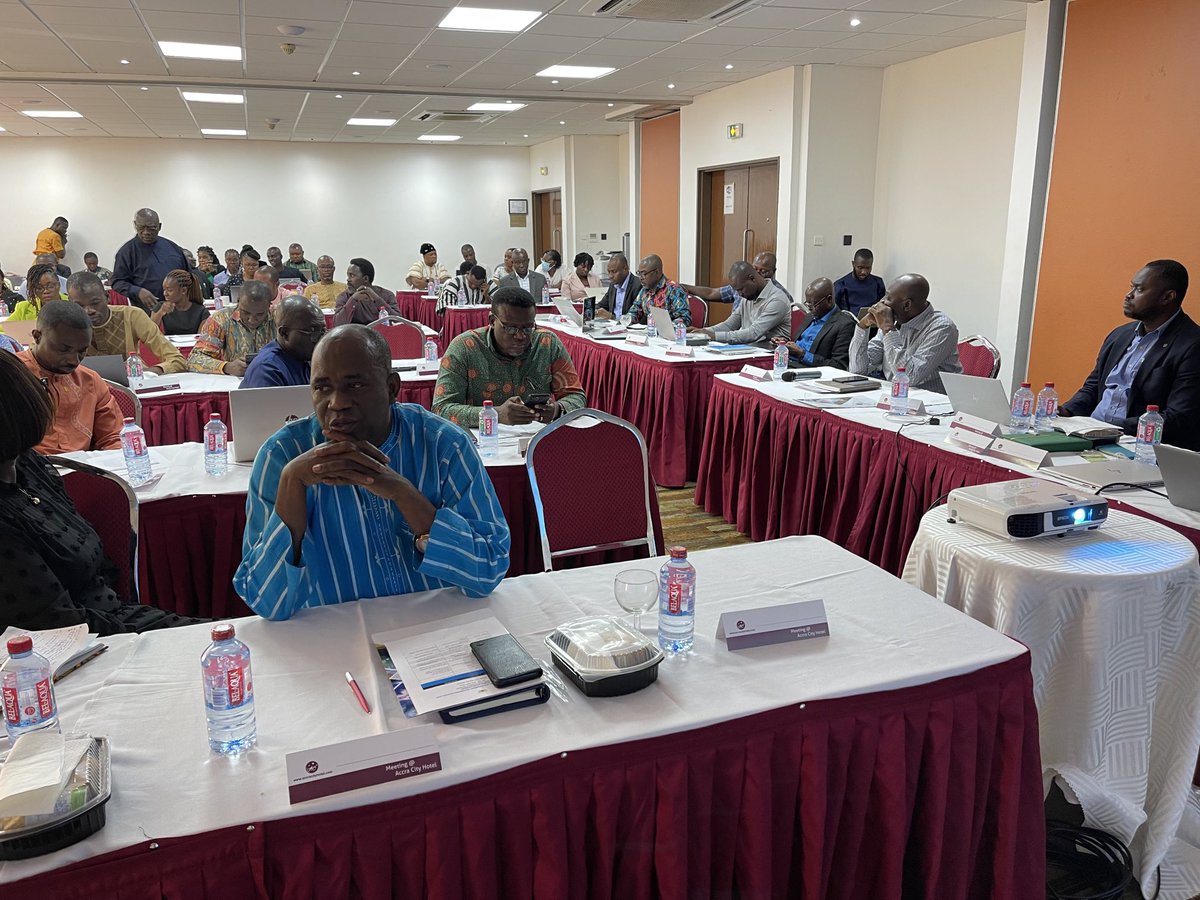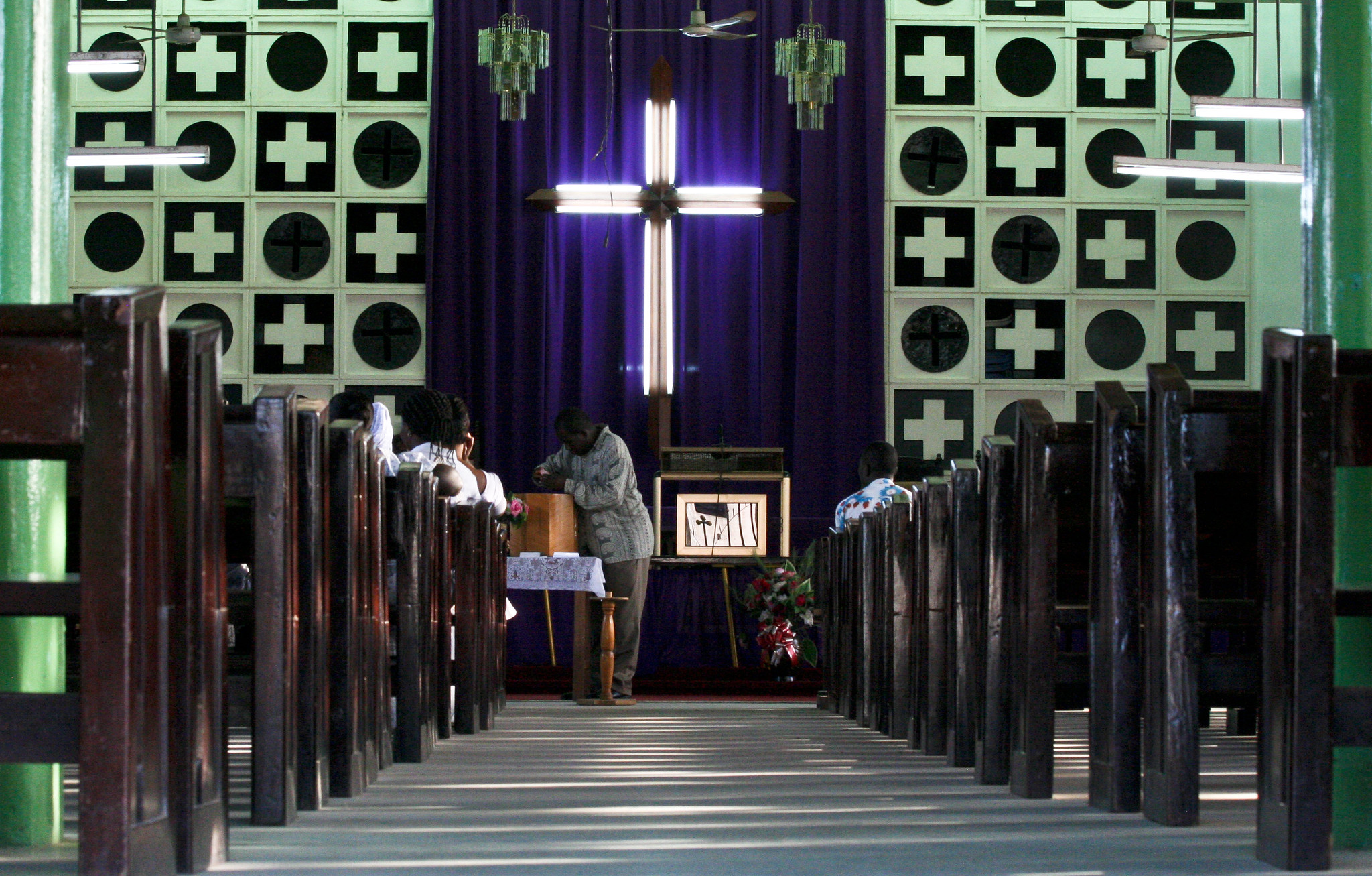Despite some daunting gender barriers there are signs that student politics in Ghana is becoming more equitable, writes Eugenia A. B. Anderson.
Across the world, student political leadership acts as liaison between the student body and the administration of institutions. This means student leadership plays an essential role in the running of any university or college. Student politics extends from the smallest university, up the ladder to regional and national bodies and frequently act as gateways into national politics.
Across Africa, women’s representation in leadership positions at higher education institutions has been low, especially in the most powerful positions such as university presidents. Although there not being any conspicuous biases in the selection criteria, there is a noticeable gender imbalance in leadership. At the University of KwaZulu Natal (UKZN), few women participated in student leadership. In Nigerian universities, between 1970 and 1990s, women represented about 11 per cent of student leadership. This increased to 22 per cent in the 2000s. In Ghana, women usually occupy about 30 per cent of leadership positions.
Students, like the rest of Ghanian society, remain politically conservative when it comes to women’s access to political power. Women are usually not recommended or voted for in leadership that would mean the entire student body being led by women. Women do not put themselves forward for such positions. Instead, they are considered for subordinate positions such as vice-president, women’s commissioner, or treasurer. The vice-president position has become an acceptable position for women because it is equal to the helper position assigned to women in families. This position is, however, a rubber stamp position where one could not affect any meaningful change without the president’s authorisation.
In Ghana, there are institutional, cultural, and financial barriers as well as patriarchal notions of gender roles in leadership that effect women’s representation. Student leadership is often masculinised, therefore in the quest for certain leadership positions women are forced to fit into this political culture of leadership. The character of student politics, like national politics, remains very confrontational and aggressive with incidents of violence, verbal and physical assaults, and sometimes destruction of properties. This deters many women from competing due to their socialisation.
The social norms and attitudes, as well as social systems in society influence the social expectations on appropriate behaviours and activities for each gender. This further influences the rights, resources, and power they can possess, including the leadership positions they are ascribed. The perception that men are naturally born leaders provides the nurturing for men need to compete and take on leadership positions. This influences men to exhibit leadership characteristics such as confidence, assertiveness, exuberance, and exploration. Similarly, women are often nurtured as caregivers and therefore, they often exhibit characteristics such as modesty, compliance and tenderness. This fits in the perception that they are supposed to be followers and helpers of men. This is further enhanced by religious norms on leadership where he social expectations of the different gender played into student leadership because, in student politics, women were oriented to vie for less competitive or dominant positions.
Elective leadership positions usually do not favour women because comparatively, women are in the minority. Women constitute about 40 per cent of the student population in Ghana’s universities. Student elections involved the printing of posters, running adverts on the university’s media space, financing your campaign team, securing entrance into the traditional hall setting through monetary enticement and running shuttle service to bring in electorates from the hostel facilities to the halls of residence. These activities listed above are predominantly controlled by men, thereby facilitating the subordination of women in lesser rather than dominant positions.
Men, generally, do not expect women to compete with them for leadership positions, neither do they expect a man to deputise a woman. Men who do deputise are sometimes referred to as Kwadwo basia (a man who behaves like a woman). Stereotypical opinions of women include: ‘women are soft so they cannot lead’; ‘women are not smart enough and could easily be swayed’; ‘women’s mind is unstable’; ‘women are emotional and cannot stand pressure’; ‘women are authoritative and did not consult’, and ‘women are less objective.’
The recent turn out in student elections across Ghana’s higher education institutions creates an impression of social change within the student political space. Despite the hinderances described above, recent events have increased the number of women in leadership positions in Ghana’s higher education institutions. Women including Yvonne Osei Adobea (2023) for the Kwame Nkrumah University of Science and Technology; Rukaya Hussein (2023) for the University of Development Studies, Tamale campus; Zeinab Mohammed Denderi (2019) for the University of Development Studies, Nyankpala Campus; Bridget Bonnie (2019) for Wisconsin International University; Priscilla Khadi Vawurah (2021) for the Simon Diedong Dombo University of Business and Integrated Development Studies (SDD-UBIDS), Wa Campus; and Louise Carol Serwaah Donkor (2007) and Esinam Afi Seade (2016) for the University of Ghana became the first female presidents of the students’ representative council of their various institutions.
While the barriers to women’s leadership remain, the recent elections of women as SRC presidents might represent social change. It an indication of two things: The efforts made by women to break barriers which have historically worked against them in their quest for leadership and the willingness of men to elect women to leadership positions. Women role models appointed and elected to senior level academic and administrative positions in higher education institutions have encouraged younger women to vie for higher positions. One can say, that though inequalities in higher education institutions still exist, social change is not as farfetched as it used to be.
Photo credit: Kwame Nkansah used with permission CC BY-SA 2.0 DEED





